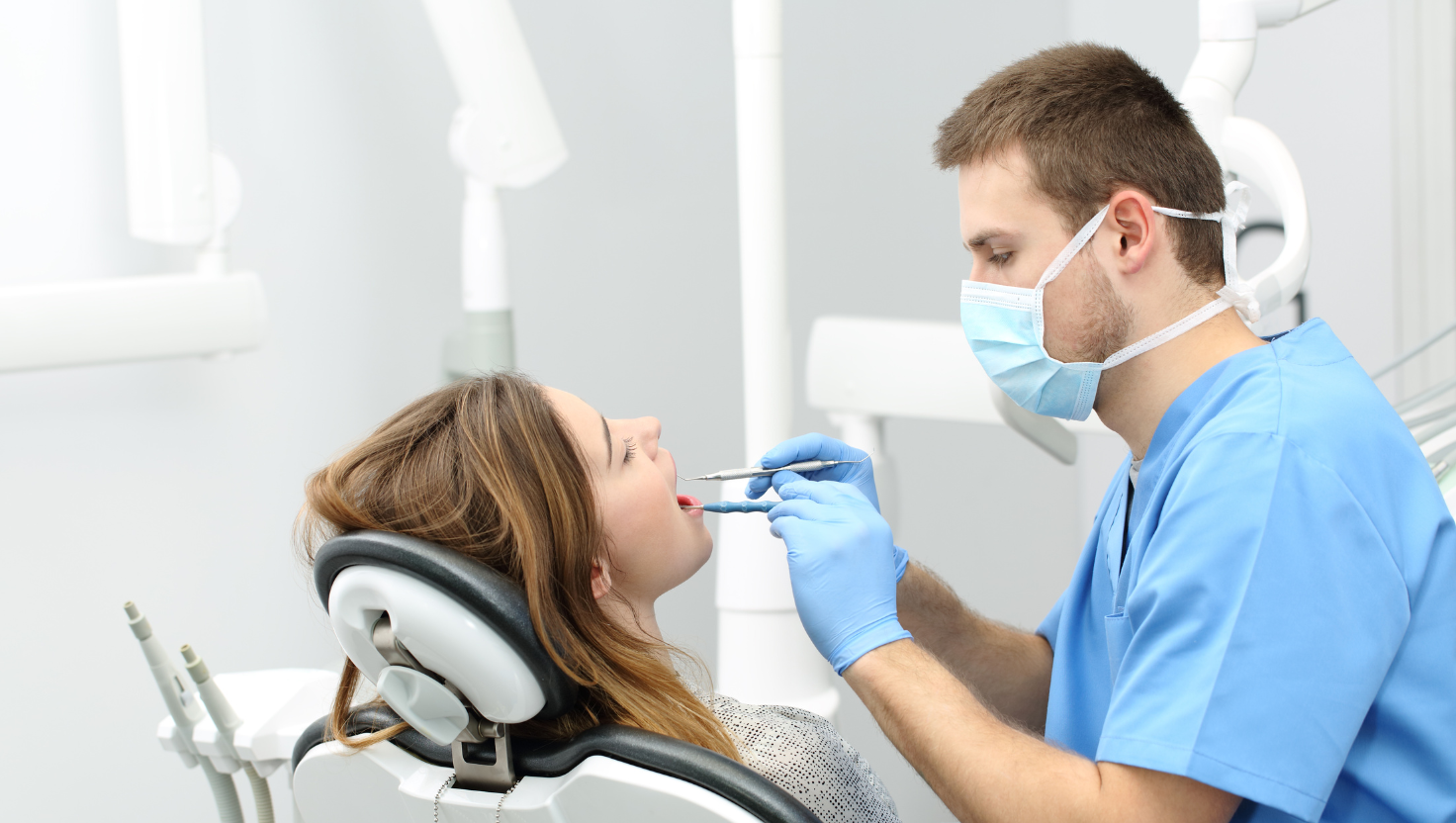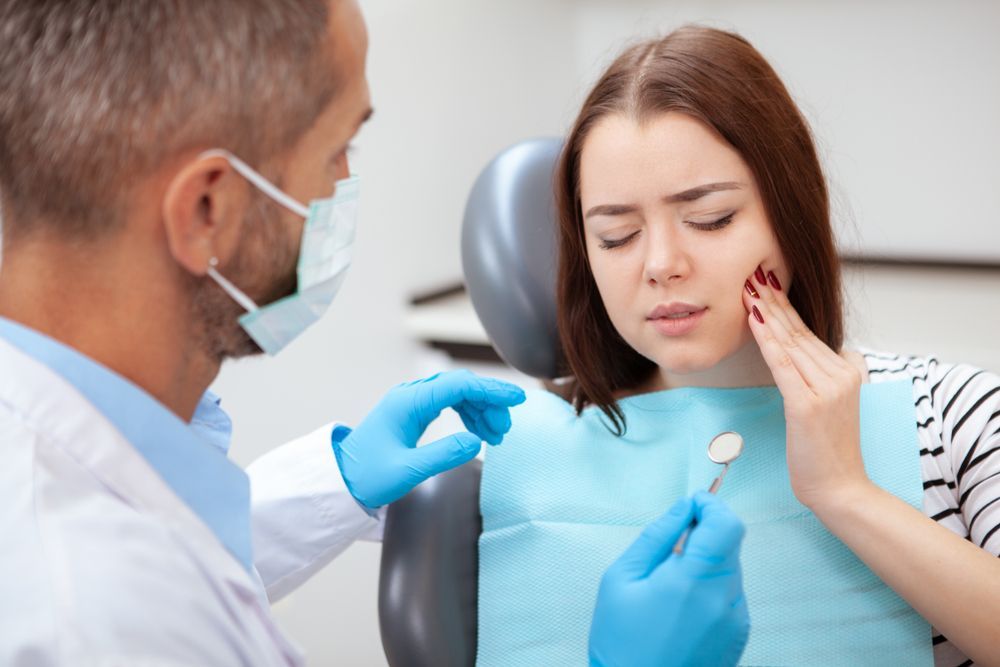The Connection Between Women's Oral Health and Overall Well-being
By Reena Gupta, DDS
As a family dental practice, we see firsthand the range of oral health changes that exist throughout a woman’s life. From adolescence to menopause and beyond, nurturing our oral health becomes an integral part of self-care and quality of life.
Adolescence Phase
As we enter puberty, fluctuations in hormone levels can affect our gums and oral tissues. Recent data have shown that up to 75% of teens have experienced gum bleeding and about 13% have at least one untreated cavity. One key aspect to be aware of during this phase is educating adolescents about what they are eating and drinking. Gatorade, and other sports and energy drinks are often loaded with sugars and are very acidic. The high acidity present in most sports drinks is enough to weaken tooth enamel, which makes the teeth more susceptible to bacteria and tooth decay. Weakened, or softened, tooth enamel can also lead to:
- Damage to the tissue under the enamel as well as the enamel of the teeth
- Hypersensitivity (extreme sensitivity to temperature changes or touch)
- Susceptibility to staining of the teeth
Maternal Bond
Pregnancy heralds another time of transformation in our bodies. For some women, the surge in hormones can increase the risk of gingivitis, characterized by swollen, tender gums. Keeping inflammation at bay is important so address issues promptly with your healthcare team of doctors and dentists. Maintaining daily brushing and flossing habits, staying well-hydrated, eating a nutritionally dense, well-balanced diet, and limiting sugary snacks and meals are all healthy steps to focus on during pregnancy.
Navigating Menopause
During menopause, hormonal changes may lead to symptoms like dry mouth, burning mouth syndrome, and osteoporosis-induced bone loss in the jaw, increasing the risk of tooth decay and gum disease. It’s important to remember that, because we all have such deeply unique experiences, keeping the lines of communication open between our doctors and dentists is the best way to keep our mouths and bodies healthy during menopause.
Empowering Women
It feels good to feel empowered about our oral health - and developing open communication with your dentist is key. We have noted in the past several years that there is a growing need for conversations around diet and nutrition. Seltzer waters and drinks, for example, have become a common substitute many women opt for instead of sodas, juices, and even alcohol. While seltzer waters are fine in moderation, they are by no means a substitute for water. The carbon dioxide that makes it “bubbly” becomes carbonic acid when it hits the mouth, which will erode tooth enamel if consumed frequently. Discussing diet and nutrition with your dentist enables women to take care of themselves and by extension others around them.
At Drs. Stenger, Cole, Gupta and Stout, we always enjoy meeting and welcoming new patients to our dental family. If you’re seeking a new dentist, we encourage you to learn more about us and read our patient reviews at www.richmonddentist.net.












